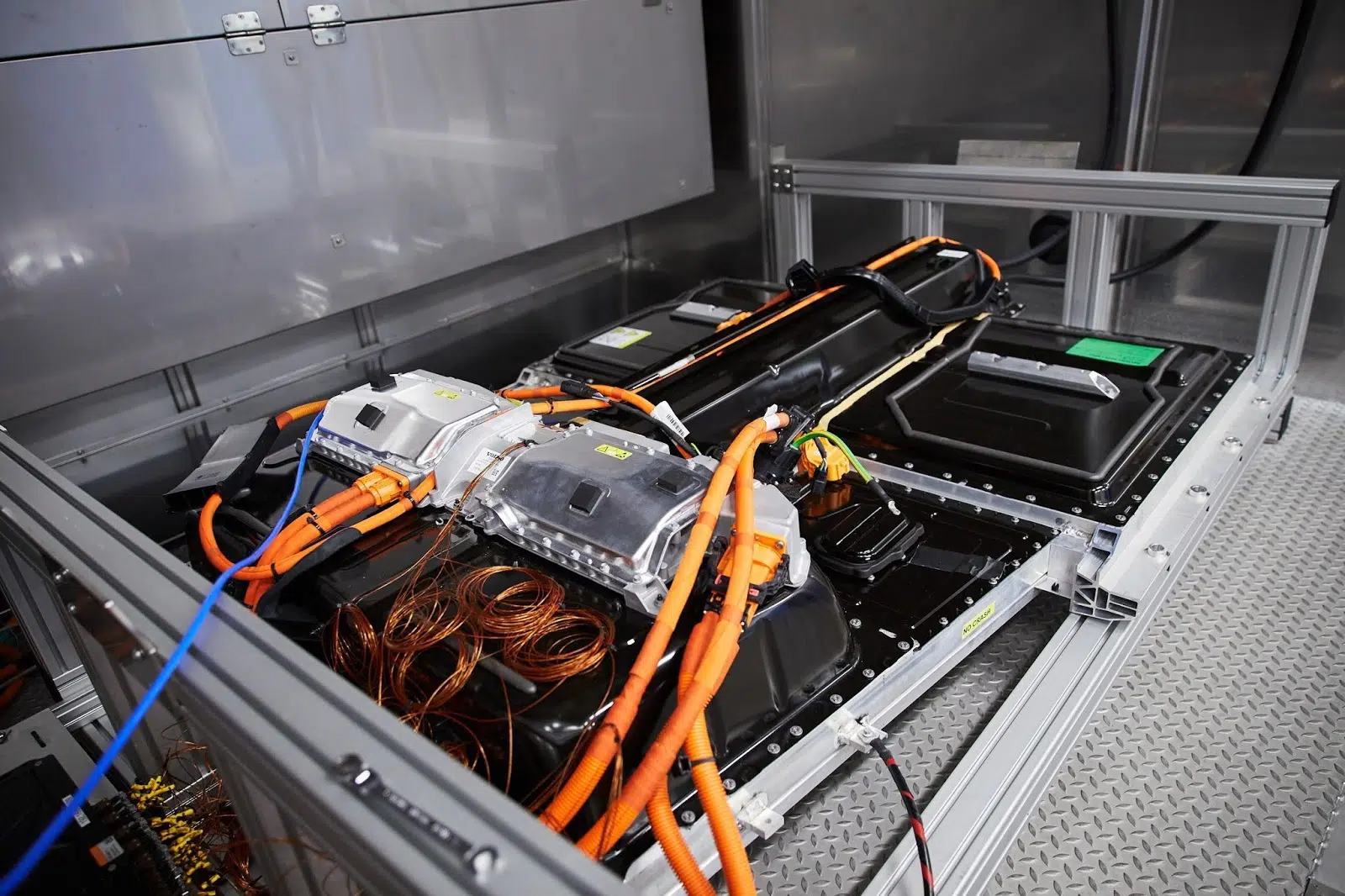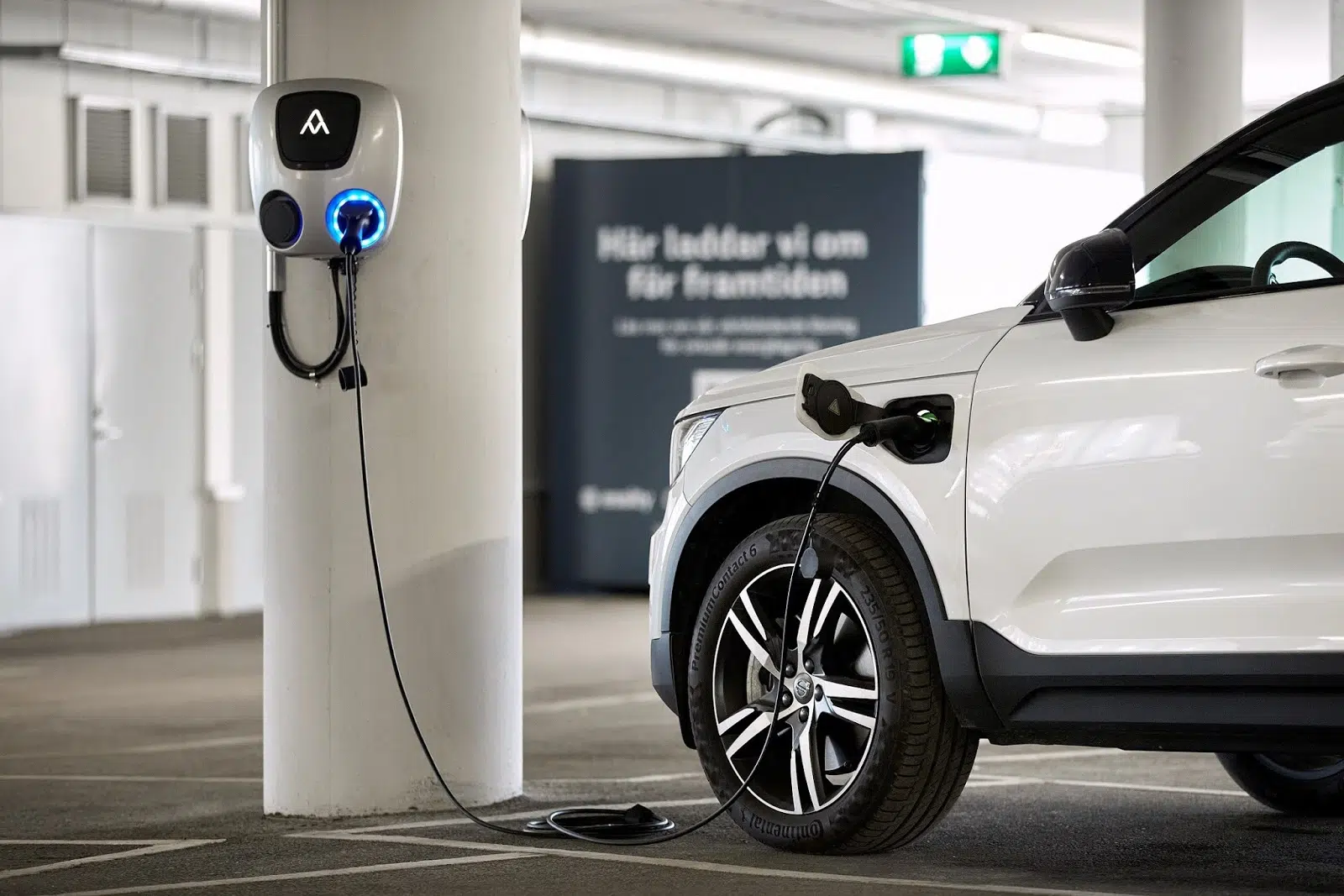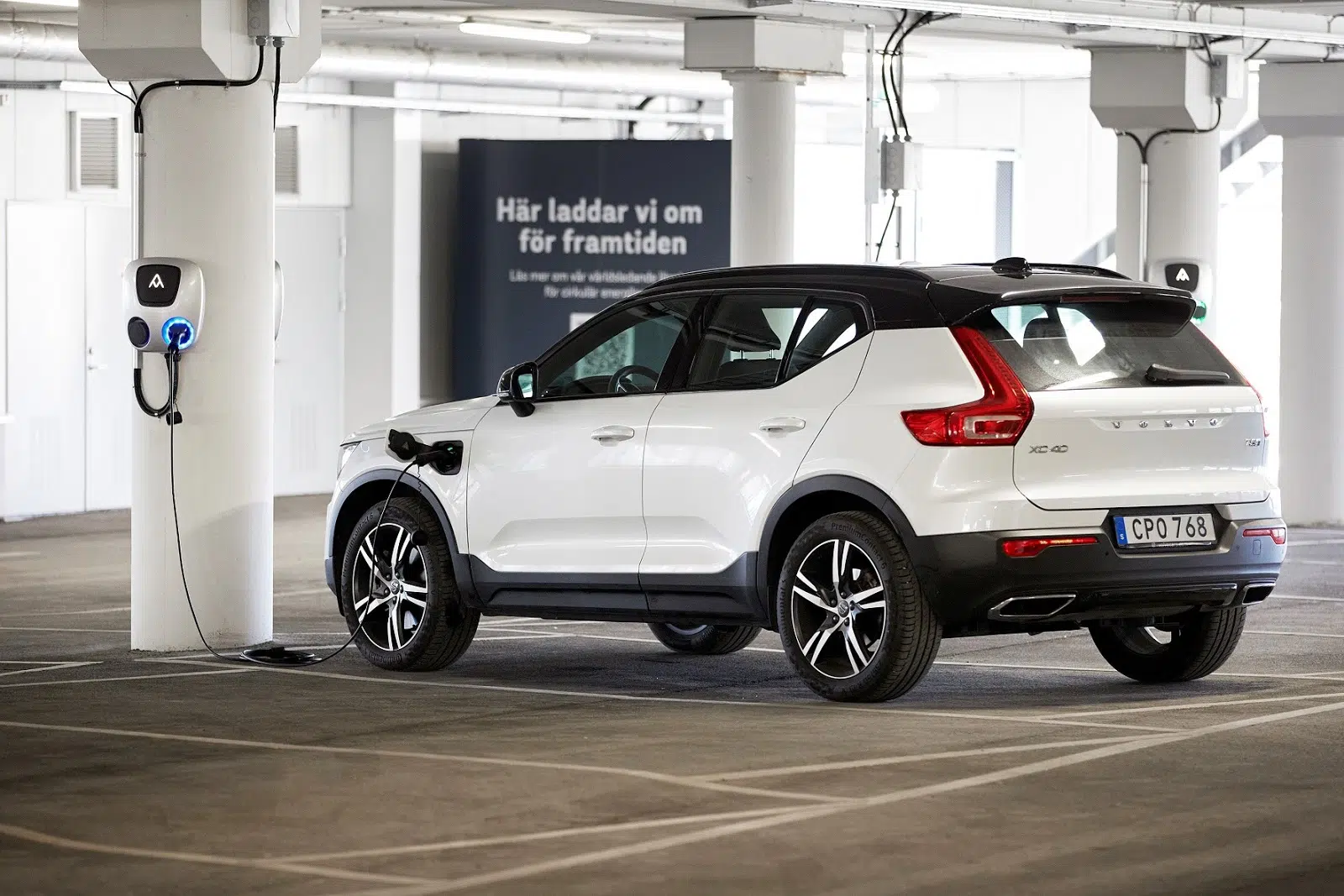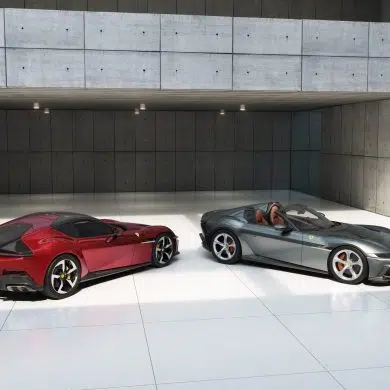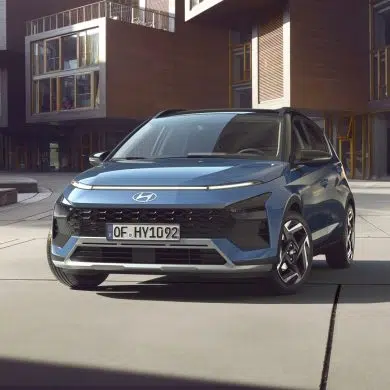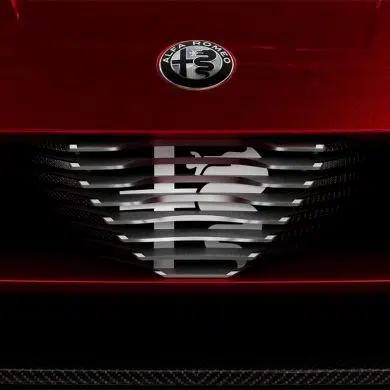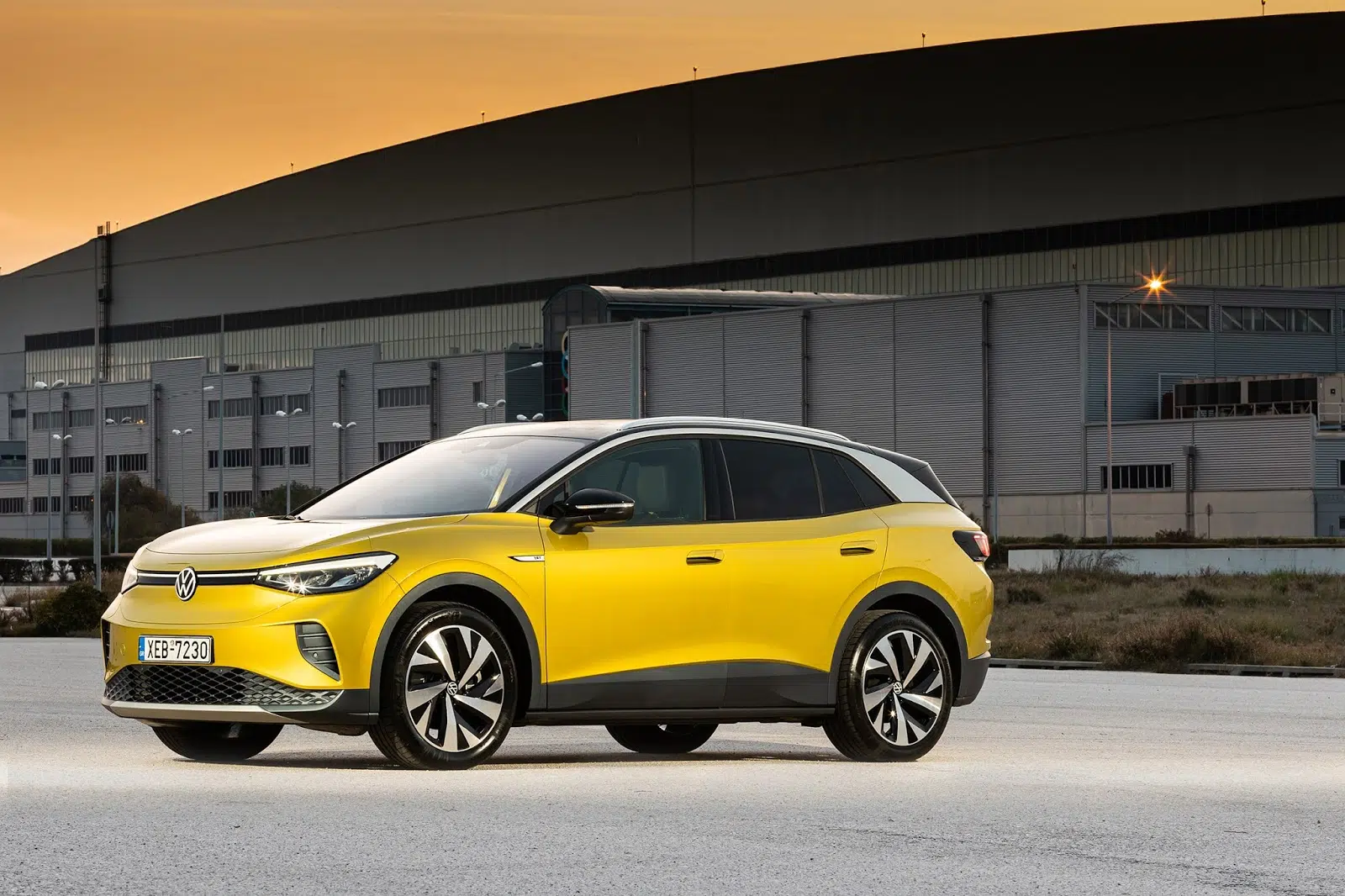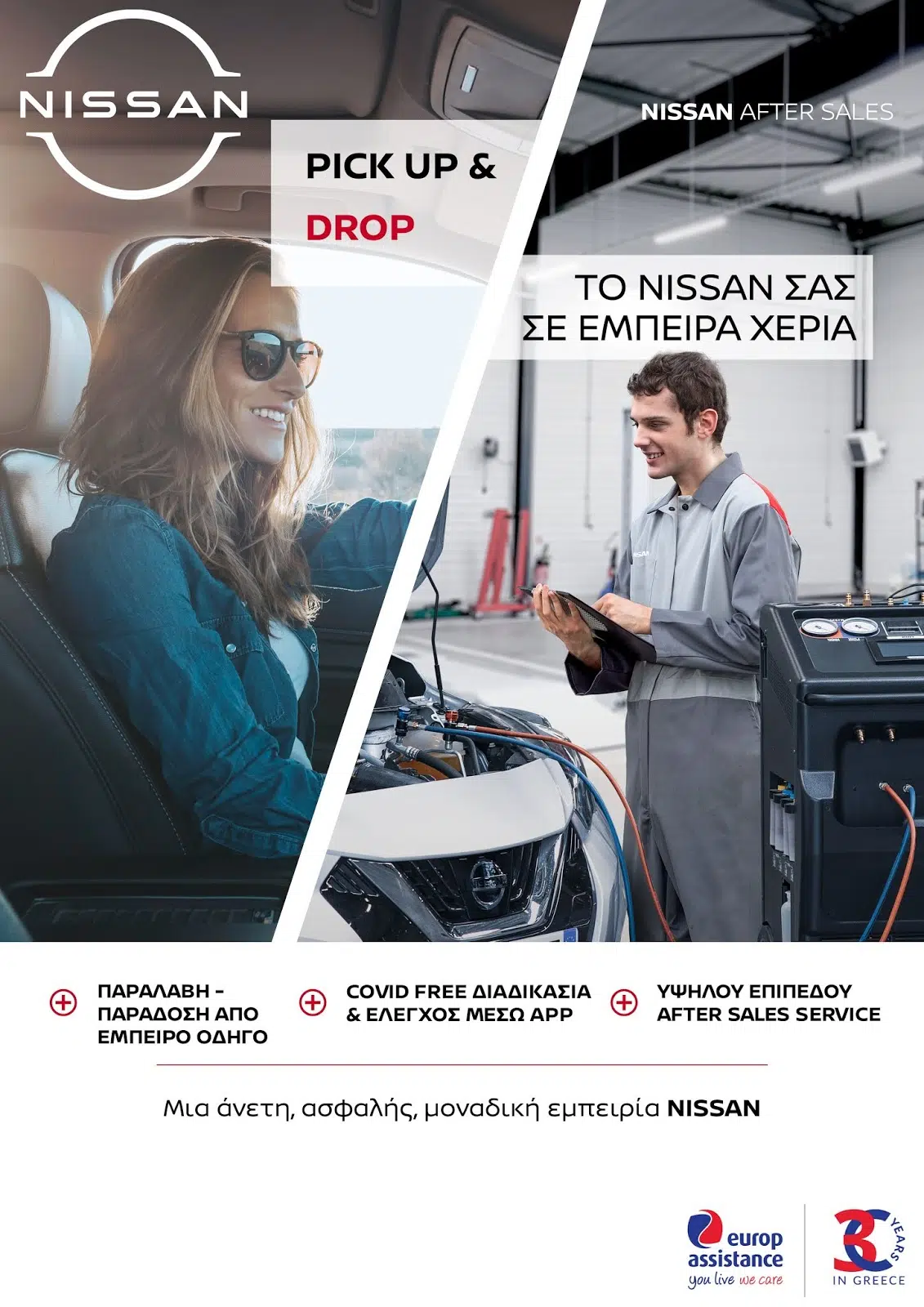Η Volvo Cars
aims to save SEK 1 billion (SEK)
on an annual basis and reduce carbon emissions by 2.5 million
tonnes per year from 2025, through the implementation of a circular business case
model.
To support the long-term objective
to become a cyclical business by 2040, the Volvo Cars will create closed material circuits
for materials with very high emissions such as steel and aluminium, and will
extends the reconstruction, restoration, renovation and re-use
components.
"Η Volvo Cars
has one of the most ambitious climate plans in the automotive industry. For
to reach our goals, we need to take advantage of the cyclical
economy," said the Anders Kärrberg (Anders Karberg), Head of Global Sustainability
at Volvo Cars. "This
requires us to rethink everything we do and how we do it. We show
a strong commitment to integrating sustainability into the way we think
and we work as a company, which for us is as important as it is
always and safety."
In order to become an enterprise with
cyclical operation by 2040, the Volvo Cars
knows that every component in its cars needs to be designed, engineered and
evolve and be manufactured with a view to being used and
is reused either by the company or by its suppliers.
Focusing on the maximum utilization of
resources and to maintain the value of materials and components for as long as possible.
possible during the life cycle, the company seeks to
optimise the use of materials, components and cars and
minimise the waste produced during the production process. This
will generate savings and new revenue streams, while reducing the
the impact of its activities on the environment.
Already today the Volvo Cars
remanufactures components such as boxes and engines to make better
use of materials and reduce emissions. In 2020, nearly
3,000 tonnes of emissions CO2 through the reconstruction of about 40,000
components. By 2025, the Volvo Cars
aims to more than double the activity in the refurbishment segment. To
ensure that valuable materials will be kept in circulation, last year
year the company recycled 95% of waste from its production. In these
including 176,000 tonnes of steel, which resulted in savings of almost
640,000 tonnes CO2.
In 2020, the Volvo Cars
became a member of the foundation Ellen McArthur,
which is the world's leading circular economy network.
"We welcome the commitment of Volvo Cars design, develop and manufacture
its products with the aim of being used and reused.
It is particularly encouraging to see the relationship that is created between
circular solutions, business strategies and emission reduction
coal," said the Joe Murphy (Joe Murphy), Head of Network at the Foundation Ellen McArthur.
"The circular economy
offers companies a framework for sustainable growth in the long term, which
is also beneficial for society and the environment."
New business models, such as
provide the batteries of electric vehicles with a "second life", is
important for the perspective of circular business. The use of
batteries in energy storage applications outside of cars, yielding
new revenue streams and cost savings, while extending the life cycle of the
batteries.
In cooperation with suppliers and
partners, the Volvo Cars
explores the potential of a "second life" for high-voltage batteries
by finding new applications. A recent example is the cooperation with
την BatteryLoop, a company of the Swedish Stena Recycling Group which reuses batteries which
come from the automotive industry.
Η BatteryLoop and the Volvo Cars
use the batteries from the electric cars of the Volvo
in a solar energy storage system. From April, the system will
supplies charging stations for electric cars and electric bicycles
in the business centre of the Swedish health and hygiene company Essity,
outside Gothenburg.
In a similar pilot commercial project,
η Volvo Cars cooperates with the Comsys AB, a Swedish clean technology company,
and the Fortum, a European energy company. The aim of the
is to increase the flexible supply to one of the facilities
hydroelectric power of the Fortum in Sweden, with a parallel contribution to
a "second life" for electric vehicle batteries. Batteries from plug–in
hybrid cars of Volvo will serve as static units
energy storage, helping to provide "fast balancing" services
for the power supply system.
Inside
from its participation in the above, and others, project,
η Volvo Cars explores how batteries age when
are reused in "second life" applications which are very
less aggressive in their life cycle than the in–car
their use. These actions also allow the company to draw on
more knowledge about the commercial value of batteries after their use in the
cars and identify potential future sources of revenue.


